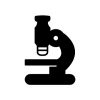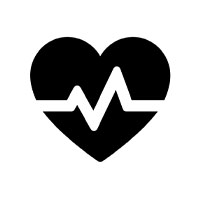The biochemical profile is a series of blood tests used to evaluate the functional capacity of several critical organs and systems, such as the liver and kidneys. These tests can be done on an empty stomach or not, and are usually accompanied by a complete blood count (CBC).
Diabetes: level of glucose (blood sugar) and HbA1c reflex panel in cases of high blood sugar (non-fasting assessment)
Renal function: urea, creatinine, eGFR (calculation of glomerular filtration rate), uric acid, phosphorus Gout: uric acid
Bone health, parathyroid gland function, vitamin D status: calcium, phosphorus, alkaline phosphatase (ALP)
Risk of cardiovascular disease: cholesterol, triglycerides, HDL cholesterol, apolipoprotein B (if triglyceride level is too high)
Liver and bile duct function: total bilirubin, ALP, lactate dehydrogenase (LDH), aspartate aminotransferase (AST), alanine aminotransferase (ALT), gamma-glutamyltransferase (GGT), albumin
Hemolytic disorders: total and direct bilirubin (if necessary)
Adrenal gland function, dehydration, edema, hypertension, blood pH abnormalities, etc.: Na, K, Cl
Nutritional status and bone marrow function: proteins, albumin, globulin, albumin/globulin (A/G) ratio, LDH
The different elements of the biochemical profile allow the clinician to specify different diagnostic options that can subsequently be confirmed through additional tests (refer to the sections concerning each of these tests).
- 24 HR. URINE UREA
- 24 HRS URINE PROTEINS
- ABG WITH ELECTROLYTES (BLOOD GAS ANALYSIS WITH ELECTROLYTES)
- ACID PHOSPHATASE
- ALCOHOL LEVEL
- AMYLASE
- BICARBONATE
- CALCIUM
- CERULOPLASMIN
- CHOLESTEROL
- COPPER
- CREATININE
- ELECTROLYTES
- URINE MICRO ALBUMIN










